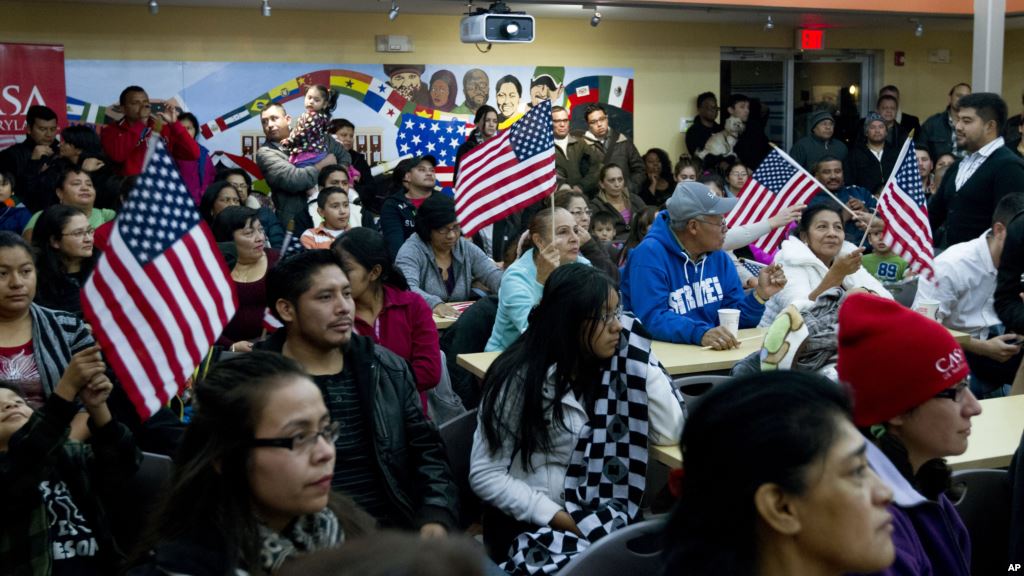One group often overlooked in the U.S. immigration debate is the estimated 1.3 million illegal immigrants from Asia. President Barack Obama’s recent executive order can provide a temporary reprieve from deportation to about 400,000 of those people, but for many more, the future is uncertain.
One such person is high school student Peter Liu in Los Angeles. He left China for the U.S. because there was illness in his family and they were struggling financially. He decided to overstay his tourist visa.
Liu said it was a difficult decision, because he knew he probably wouldn’t be able to see his family for many years. Now, as an undocumented immigrant, he is unable to work and worries about paying for college.
Obama’s executive order does not help him, because he arrived after the cutoff date for deferred action for childhood arrivals. Liu said that even many of those who do qualify for temporary relief from deportation are hesitant to apply, because they are worried about how such an action will affect their families.
One of the main objectives of Obama’s executive order is to keep families together by deferring the threat of deportation for illegal immigrants who have lived in the U.S. for at least five years and have children who are legally in the U.S. The executive action also allows them to work legally.
However, those considered threats to security or who have criminal records will continue to face deportation.
‘I made a lot of mistakes’
Cambodian refugee David Ros falls into that category. At 16, he killed a man and spent almost 19 years in prison. Because of that, he lost his permanent residency status and now awaits deportation.
“I came here to this country with no English, no education, no money, and we struggled a lot,” Ros said, “and as a result of our struggles I made a lot of mistakes in my life.”
According to Asian Americans Advancing Justice — Asian Law Caucus, a legal and civil rights organization serving low-income Asian and Pacific American communities, Southeast Asians and Pacific Islanders are deported for criminal convictions at five times the rate of other immigrants.
National Immigration Law Center attorney Shiu-Ming Cheer said the reasons for this are complicated. She cited the failure of refugee resettlement policies and the fact that so many Southeast Asians live in communities where there’s already a high rate of crime.
“There’s just a lack of support, a lack of social networks and institutions that might help give people options besides engaging in crime,” she said.
On solid footing
Cheer said many of these Southeast Asians have turned their lives around after serving time in prison, including Ros. He now has a job, supports a family with two children, and volunteers. He hopes the law would change so a judge can decide who, with a criminal record, gets deported.
“Bringing judiciary discretion back would be something that is the first step,” he said, “because the judge can make a decision on the merit of the person — not who the person was but who the person is today.”
Both Ros and Liu said they were speaking out despite the risk of deportation in the hope that lawmakers would hear their story and reform the immigration system in their favor.
Source VOA




